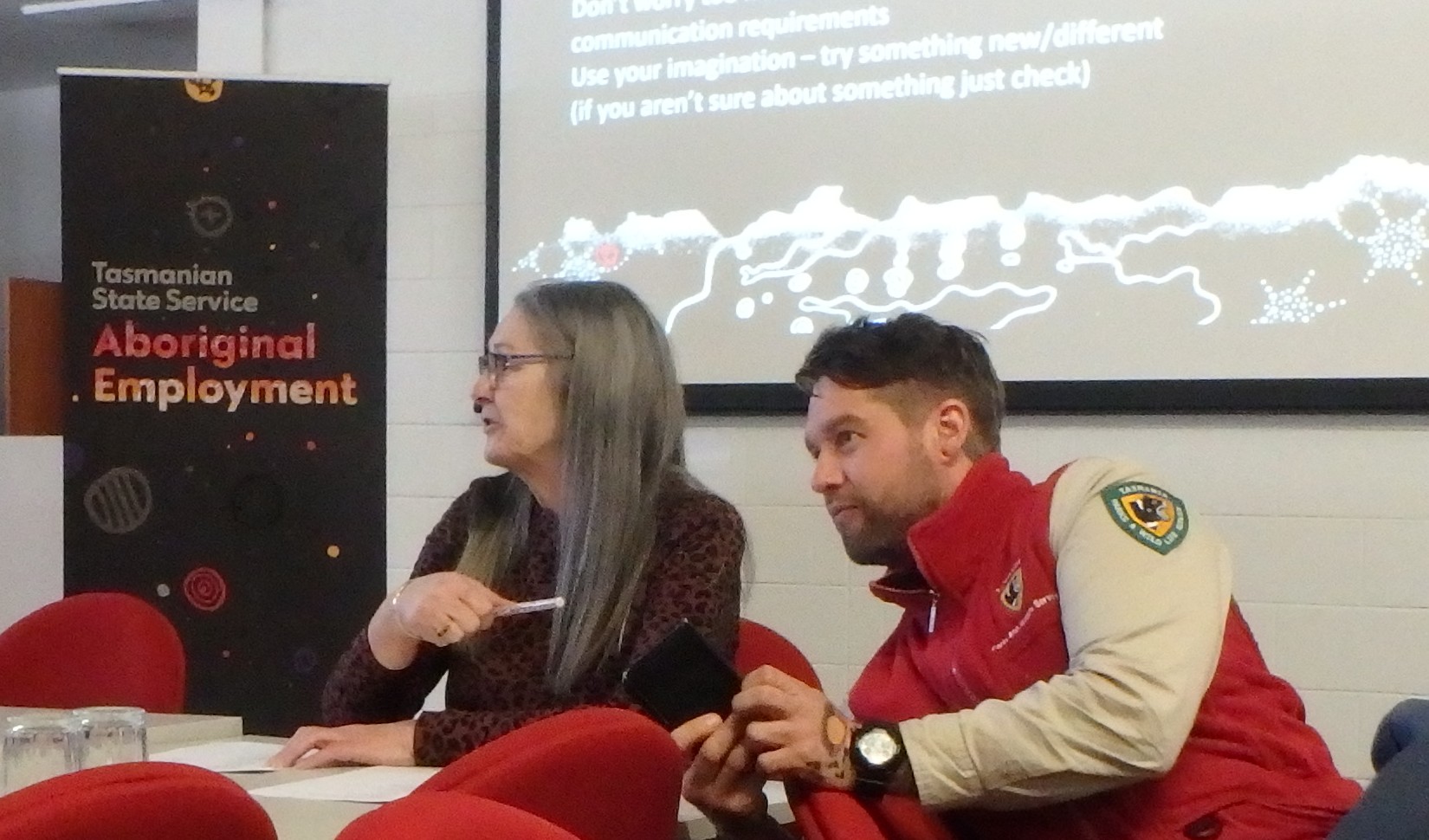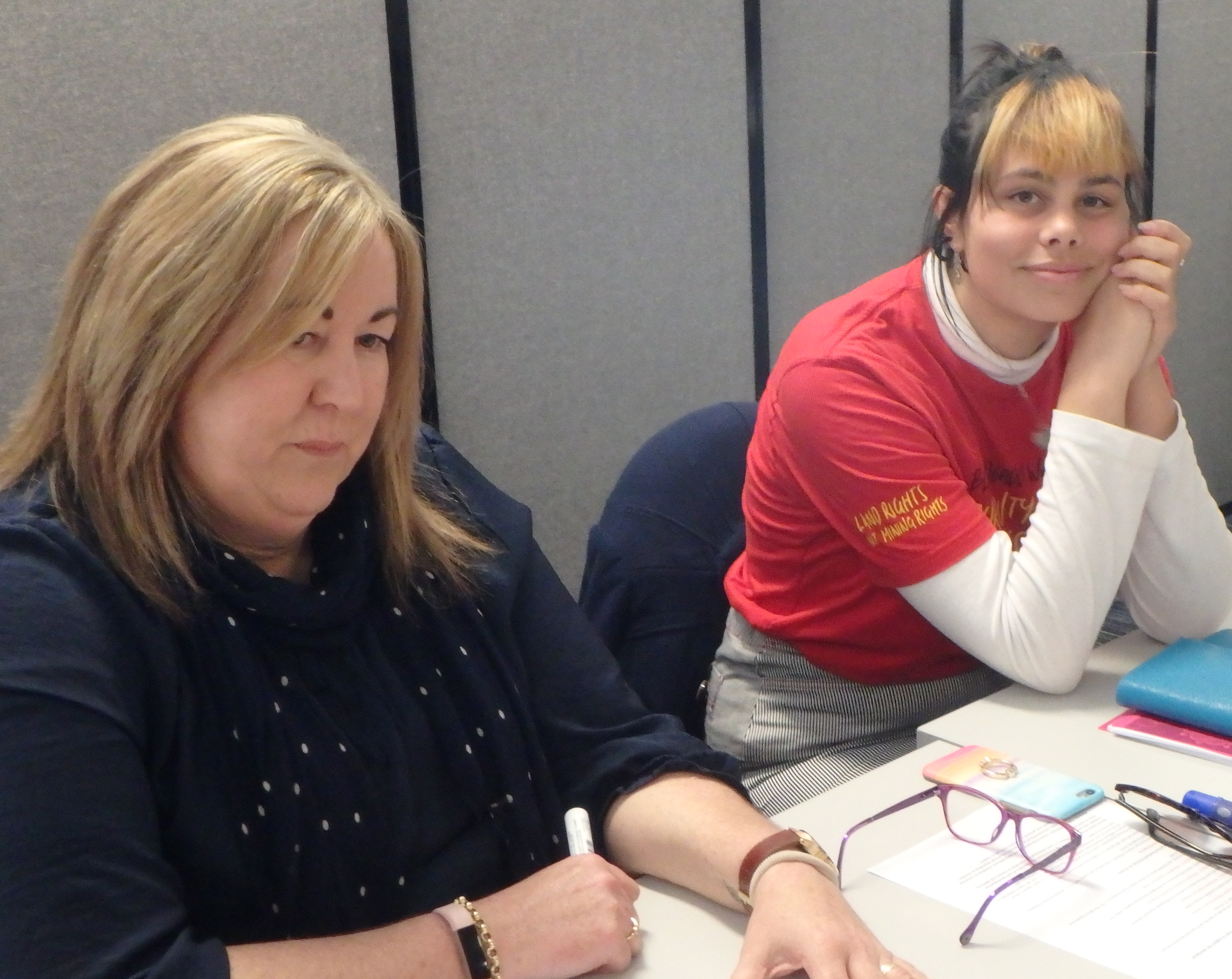Preparing your applications
All applications can be submitted online via our online application portal. Some agencies may also accept hard copy applications. Please check the relevant job advertisement for details as each agency can be different.
Most applications will require you to upload a resume and a written application. However the application requirements for each job may vary so it is important to carefully read the job advertisement so that you submit the correct information.
 Resume
Resume
Your resume should include your relevant:
- personal information
- education and training
- employment history
- volunteer/community involvement
- current referees.
You may also include any Aboriginal Community/organisational involvement, Aboriginal cultural knowledge and demonstrate your understanding of past and present historical, social and cultural impacts on Aboriginal people if applying for Aboriginal specific jobs.
Make sure your resume is up-to-date and ready to go!
Having an updated resume is critical when you apply for jobs.
If you don’t have a resume at the moment (or you haven’t updated it for a while), here are some ideas to get you started:
- Ask friends, family and colleagues if you can look at their resumes.
- Talk about your transferrable skills developed through work and volunteering e.g. team work, critical thinking, good communication, problem solving skills.
- Tailor your resume to the job you are applying for.
- Find some proof-readers!
- Don’t waffle, keep your resume short and use clear and succinct language.
For a more detailed tips on preparing a resume, view our application tips.
A good resume will be well-presented and highlights your qualities. Be sure to use an easy-to-read format and ensure that your referees are current. Don’t use fancy fonts or include pictures or backgrounds which may make your Resume difficult to read.

 Written Application
Written Application
If you are unsure about how to format your written application seek advice from the Contact Officer listed on the job advertisement.
In general the most common written applications requests include:
Short form applications
- A short form application is a brief summary of how your experience, skills and knowledge make you the right person for the job – in no more than 2 A4 pages.
- Sometimes the format varies – for example, some selection panels will ask you to respond to questions.
- The job advertisement will provide advice about what is expected, and will usually have a guide that you can refer to.
Selection criteria applications
- You may be asked to provide a statement about your skills and experience against selection criteria as part of your application.
- Selection Criteria are the key competencies and capabilities required for a job. The selection criteria will be listed in the Statement of Duties.
- Your Selection Criteria responses should explain how your personal work history, courses, study experiences and/or lived experiences meet each criteria and make you a strong candidate for the job.
- The panel will use your responses to help them determine whether you have the right knowledge, experience, values and personal attributes required.
- If you do not include a statement addressing all of the selection criteria in the position application you will NOT proceed further in the recruitment process and will almost certainly NOT proceed to an interview.
Selection criteria tips
Below are some tips to consider while preparing your response to a job’s selection criteria
- Always follow the instructions in the job ad.
- Selection criteria can be confusing – always call the contact person for the job advertisement and ask for some further clarification if you are unsure.
- It can be helpful to break down key words in selection criteria to make them easier to respond to.
- The STAR method might help you frame your response to each criteria.
We have expanded on these tips, including the STAR method on our Application Tips page and encourage you to take a look
 Essential and desirable requirements
Essential and desirable requirements
These requirements will be outlined on the job advertisement.
Essential requirements are elements which applicants must hold in order to perform a job – for example, a particular certificate or qualification.
Sometimes skills, experience, knowledge or qualifications may be listed as a desirable requirement if the panel would like applicants to have these but do not consider them to be essential in order to be able to do the job.
Some common examples include:
- Professional and academic qualifications such as a University degree, Diploma or certificate.
- Professional registration/licensing such as teacher registration or registration to a professional body.
- Pre-employment checks (police checks and Working with Vulnerable People registration).
 Referees
Referees
 A referee is someone who can provide the panel with feedback on your skills, experience and personal attributes – your strengths and areas of development. Referees are not friends or family and are expected to provide an honest and accurate account of your skills, experience and attributes.
A referee is someone who can provide the panel with feedback on your skills, experience and personal attributes – your strengths and areas of development. Referees are not friends or family and are expected to provide an honest and accurate account of your skills, experience and attributes.
Make sure your nominated referees agree to speak on your behalf and double check your referees’ contact details and availability with them before you include them in your application. If your referee details change during the selection process, let the Contact Officer know.
Selecting the right referee
Make sure your referee can comment on your ability to do the job you are applying for.
If possible, at least one of your referees should be your current or most recent manager (including a volunteer manager).
Consider how long they have known you, and if they can confidently vouch for your skills, experiences and areas you need to develop.
Let your referees know that you are applying for a job and that they might be contacted by a panel member.
Give your referee/s information about the job you are applying for (such as the job advert content and statement of duties) – this will help them tailor their answers to the panel. It is also a good idea to provide Referees with a copy of your job application.
 Additional documents
Additional documents
Some jobs may ask for additional information to be provided with your application, for example, a copy of your academic transcript or copies of other qualifications you may have. If the advertisement doesn’t ask you to provide any additional documentation then you can leave this section blank.
Any documents uploaded that were not asked for will not be assessed as part of your application.
